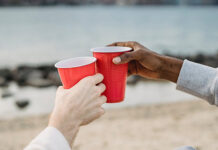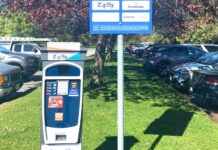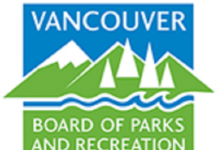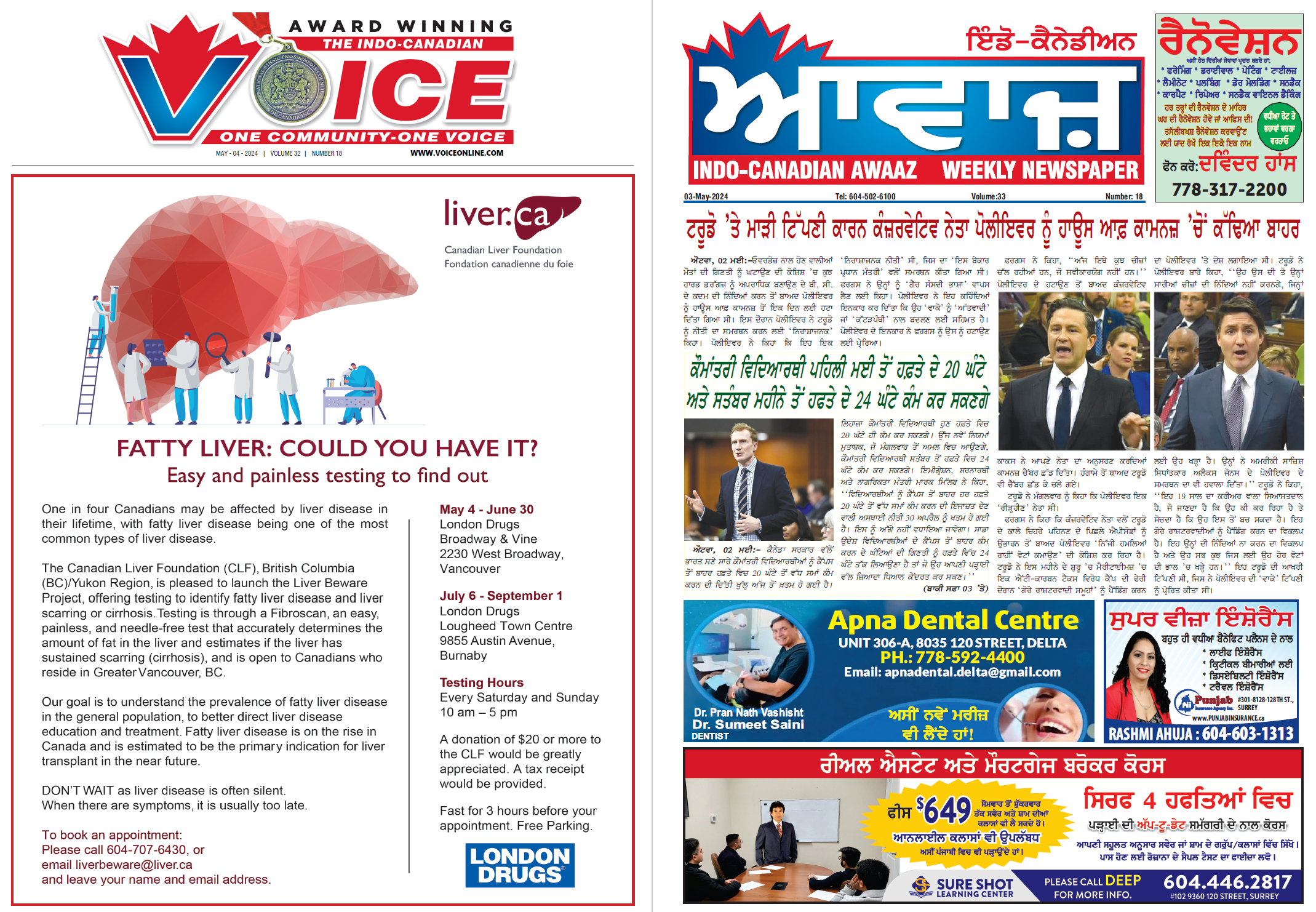Measure necessary to reduce visitation and enable physical distancing
THE Vancouver Park Board will be closing Stanley Park to all vehicles starting Wednesday, April 8 in an effort to reduce the number of people in the park and to enable physical distancing.
It is the latest in a series of measures the Park Board has taken in recent weeks to reduce the risk of the COVID-19 pandemic to the public.
The closure will be carried out Wednesday morning and will remain in place indefinitely. It will be implemented via physical barriers and signage at key access points to the park, supported by Park Rangers and the Vancouver Police Department. Digital traffic signs on Georgia Street, English Bay and the Stanley Park Causeway will alert motorists to the closure. The Causeway will remain open.
Despite the closure of all parking lots in Stanley Park more than a week ago, visitors have still been travelling by car to the park, particularly on sunny days, and parking illegally on the road. Closing Stanley Park’s roads will reduce the daily number of people in the park and open up space for cyclists and pedestrians from the neighbourhood.
Once the closure is implemented, the Park Board will be encouraging cyclists to keep a safe physical distance from pedestrians by moving off the seawall and using the adjacent Stanley Park Drive, which will be free of traffic.
Emergency services, the #19 bus and Park Board and City service vehicles will still be able to access the park. There will also be limited access for key tenants and leaseholders via checkpoints at the Georgia St. roundabout, facilitated by Rangers and Park Board staff. Access will be provided to staff of the Rowing Club, Yacht Club, HMCS Discovery, Prospect Point, and Stanley Park Ecology Society.
Vancouver is among cities with the densest neighbourhood populations in Canada, and residents rely on park spaces for fresh air, much like a backyard. It is paramount that everyone shares the spaces and uses them safely, the Park Board said.
· Always maintain a safe physical distance of a least two metres
· Use parks/beaches for a short break to exercise, not to socialize
· Visit during less busy times (mornings, late evenings, or when it’s cloudy/damp outside)
· Access neighbourhood or community parks and do not drive to destination parks/beaches
· Keep dogs on leash when walking, unless using an official off-leash park
· Refrain from touching shared surfaces and be vigilant about hand-washing
· Consider wearing a cloth (non-medical) face mask when exercising vigorously or accessing public spaces
· Stay home if you’re sick, especially if feeling cold or flu-like symptoms













